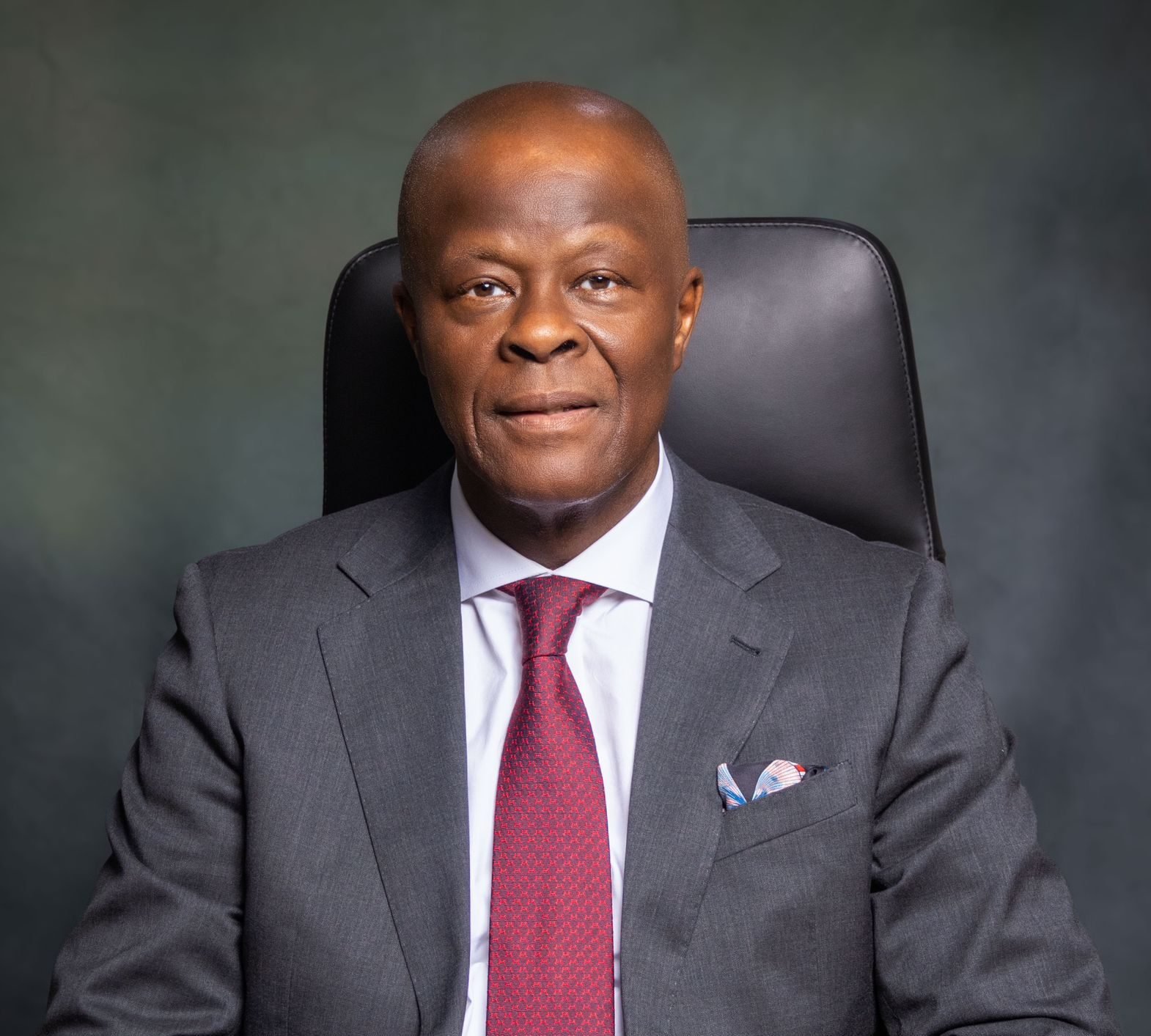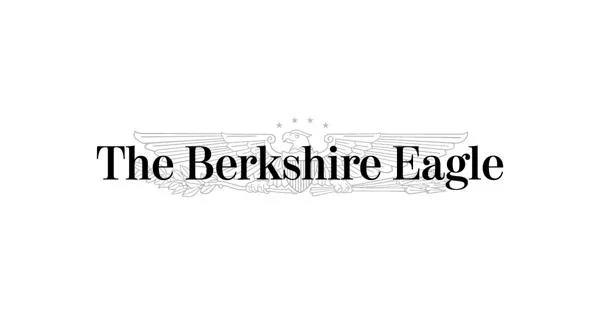Copyright radarr

The Minister of Finance and Coordinating Minister of the Economy, Mr. Wale Edun, has assured that the Federal Government will maintain open consultation with business leaders and stakeholders ahead of the full implementation of the new Tax Acts, which will take effect from January 1, 2026. Edun gave the assurance at the maiden edition of the Government-Private Sector Dialogue Series: South-East Finance and SMEs Growth Roundtable, held in Enugu. He said the Tinubu administration was determined to create a fairer, more transparent, and efficient fiscal system that supports economic growth while ensuring accountability. He explained that the tax reforms were developed through collaboration among the executive, legislature, judiciary, and the public, stressing that continued dialogue was essential to ensure understanding and compliance across all sectors. “The dialogue that you ask for, I can assure you, will play a big role,” Edun said. “There needs to be dialogue. There must be dialogue. Even the feedback we are hearing here today shows the need for more explanation and clarification. And when it comes to major reform, it’s all about timing, sequencing, and consultation.” According to him, the objective of the new Tax Acts is to simplify the tax framework, widen the tax net, reduce multiple taxation, and make compliance easier for individuals and businesses. He added that the government was committed to ensuring fairness and accountability in revenue collection. “The aim is to make the system fairer, to make it clearer, to make it more efficient, and of course to spread the net as wide as possible so that everybody gets a chance to contribute accordingly,” he said. Edun also noted that the economic reforms introduced by President Bola Tinubu were already yielding positive results, particularly in the foreign exchange and petroleum sectors. “You know what it was. You know what it is. Now, we have more of a level playing field, more of a willing buyer, willing seller market, market pricing of petroleum products, and market pricing of foreign exchange. This relieves you of what you had to do before to import,” he added. The minister disclosed that the government would launch a National Single Window Project in the first quarter of 2026 to improve trade facilitation and ease of doing business. He said the system would employ automation, digitisation, and artificial intelligence to simplify trade processes and make import and export documentation more efficient. “The idea is to use automation, digitisation, and artificial intelligence to improve the processes and speed them up,” he stated. Edun reaffirmed that engagement with stakeholders would continue through regular dialogue series aimed at sustaining reforms and addressing business concerns. “This is an ongoing dialogue,” he said. “There have been participants here who want to see this effort sustained, continued, and even built upon. I congratulate you, and you have our support anytime, any day.” Also speaking at the event, the Minister of State for Finance, Dr. Doris Uzoka-Anite, described President Bola Tinubu as “the most business-friendly president Nigeria has had in recent history.” She said the government’s ongoing economic reforms were designed to build confidence, improve access to finance, and create opportunities for entrepreneurs and small business owners. “President Tinubu has given us a clear directive to work hand-in-hand with the private sector to remove every obstacle standing in the way of enterprise growth,” Uzoka-Anite said. “The Renewed Hope Agenda is not just a policy; it is a social contract aimed at rebuilding confidence, stimulating productivity, and driving a private-sector-led economy.” She listed initiatives such as the Bank of Industry’s loan programmes, the Development Bank of Nigeria, and the Presidential Initiative on Consumer Credit as part of the administration’s efforts to support SMEs and promote financial inclusion. “SMEs are the engines of Nigeria’s economic revival,” she said. On infrastructure, Uzoka-Anite highlighted that projects linking the South-East to other regions — including the Enugu–Onitsha Expressway, Second Niger Bridge access roads, and the Onitsha–Owerri corridor — were receiving renewed attention to improve logistics and regional trade. “While government can design policy, it is entrepreneurs like you who will build the future,” she said. “Your innovation, networks, and resilience are the true engines of growth.” She also emphasised the importance of dialogue between government and the private sector, noting that such engagement ensures that policies are shaped with public input. “When government opens its doors to dialogue, it sends a clear message that policy is not made for the people, but with the people,” she added. During the session, the Customs Area Controller of Apapa Command, Mr. Emmanuel Oshoba, advised importers to embrace transparency in their documentation and take advantage of Customs’ innovative systems designed to ease clearance processes. He said, “Most of you have issues at the port because you have issues with your documentation. We have provided an avenue where, before you even make your importations, once you have your invoice, you can approach Customs for a ruling on classification and valuation. We will give you the ruling, and it’s legally binding on us. By the time you bring your goods in, the process is seamless.” Oshoba called for stronger collaboration between the private sector and regulatory agencies, stressing that both sides must work together to improve compliance and efficiency. “Let us be partners in progress, collaborators. We are not here to antagonise each other,” he said. The dialogue brought together government officials, business leaders, and SME operators to exchange views on tax reform, trade facilitation, and economic recovery in the South-East.



